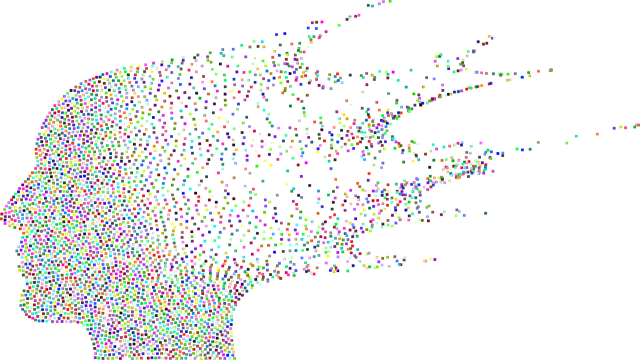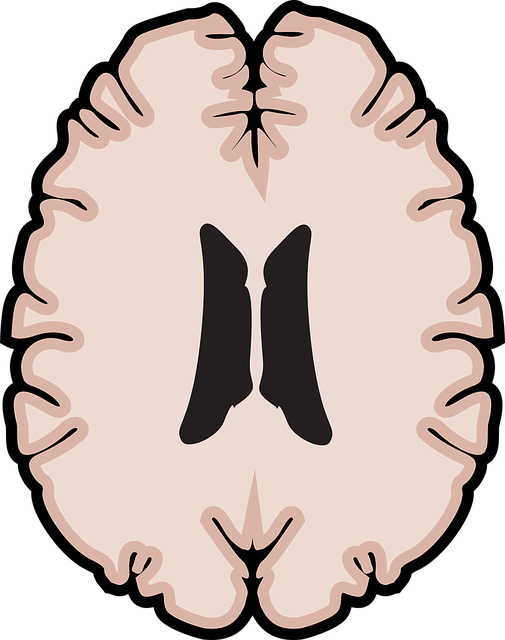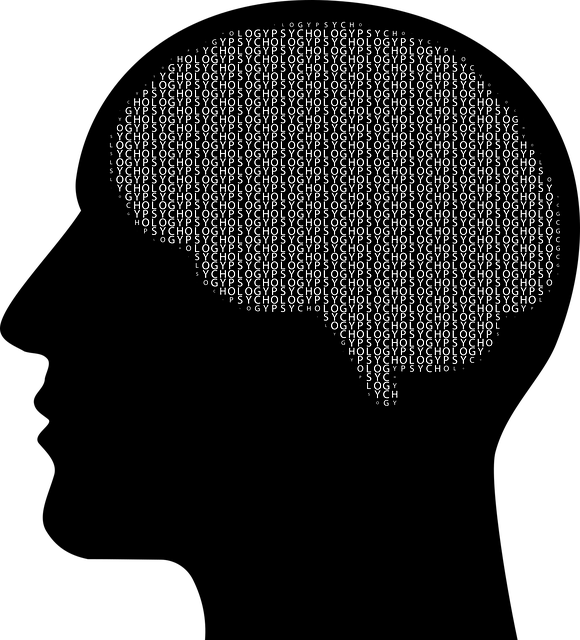Understanding mental health disorders, particularly Functional Neurological Disorders (FNDs) like those treated by Colorado Springs Functional Neurological Disorder Therapy, is crucial for creating effective education programs. A comprehensive program should demystify various conditions, their causes, and effects, focusing on resilience and emotional regulation. It involves risk assessment, social skills training, practical exercises, and case studies. By partnering with local healthcare providers and engaging the community through workshops, support groups, and interactive sessions, these programs aim to enhance mental health literacy, reduce stigma, and empower individuals in Colorado Springs to manage their well-being. Evaluation methods measure improvements in daily functioning, quality of life, and mental health knowledge, ensuring tailored and successful outcomes for FND patients.
In Colorado Springs, mental health education programs are transforming lives by addressing the root causes of distress. “Understanding Mental Health Disorders” lays the groundwork for comprehensive curriculum design, encompassing diverse topics from stress management to specific disorders like Functional Neurological Disorder (FND). Implementation strategies bring these programs to life, engaging the community through workshops and awareness campaigns. Success is measured through evaluation, demonstrating the impact of FND therapy in Colorado Springs and beyond.
- Understanding Mental Health Disorders: A Foundation for Education
- Creating a Comprehensive Curriculum: What to Include?
- Implementation Strategies: Bringing the Program to Life in Colorado Springs
- Engaging the Community: Fostering Support and Awareness
- Measuring Success: Evaluating the Impact of Functional Neurological Disorder Therapy
Understanding Mental Health Disorders: A Foundation for Education

Understanding Mental Health Disorders is a fundamental step in designing an effective education program. This foundation is crucial for empowering individuals to recognize and manage their own mental well-being, or that of others they may support. In Colorado Springs, where Functional Neurological Disorder (FND) Therapy has gained prominence, such understanding becomes even more vital. FND, often presenting with symptoms that mimic psychological disorders, highlights the importance of comprehending the intricate link between brain function and mental health.
A comprehensive education program should aim to demystify various mental health conditions, including common and lesser-known disorders like FND. By providing clear insights into these conditions, their causes, and effects, individuals can develop resilience, emotional regulation skills, and inner strength. This knowledge equips them to seek appropriate help when needed, foster supportive environments, and promote overall mental wellness in themselves and others.
Creating a Comprehensive Curriculum: What to Include?

In designing a mental health education program, creating a comprehensive curriculum is paramount. A well-rounded program should incorporate various components to address the multifaceted nature of mental health issues. For instance, in Colorado Springs Functional Neurological Disorder Therapy, understanding the interplay between neurological function and psychological well-being is crucial. The curriculum should start with foundational knowledge about different types of mental disorders, their causes, and symptoms. This can be enhanced through case studies and real-life examples to illustrate complex concepts.
Additionally, incorporating modules on risk assessment for mental health professionals is essential to ensure the safety of both practitioners and clients. Social skills training should also be integrated to foster empathetic communication between healthcare providers and patients from diverse backgrounds, promoting cultural competency. These elements, combined with practical exercises and interactive discussions, will equip participants with the necessary tools to effectively navigate mental health challenges, reflecting the evolving needs of the healthcare landscape.
Implementation Strategies: Bringing the Program to Life in Colorado Springs

Implementing a mental health education program in Colorado Springs requires a strategic approach that caters to the unique needs of the community. One effective strategy is partnering with local healthcare providers, who can offer insights into prevalent mental health concerns in the region, such as Functional Neurological Disorder Therapy. Tailoring educational content to address these specific issues ensures relevance and engagement among participants.
Additionally, incorporating interactive workshops on emotional intelligence and self-care routine development can empower individuals to take an active role in their mental well-being. These sessions, designed for both adults and adolescents, foster a sense of agency while promoting healthy coping mechanisms. By combining community partnerships, tailored content, and interactive learning, the program aims to enhance mental health literacy and resilience among Colorado Springs residents.
Engaging the Community: Fostering Support and Awareness

In designing a mental health education program, engaging the community is paramount. It fosters a supportive network and increases awareness about various mental health conditions, including functional neurological disorders (FNDs), like those often treated by Colorado Springs Functional Neurological Disorder Therapy practitioners. By involving local communities, schools, and organizations, the program can reach a broader audience, dispel myths, and reduce stigma associated with mental illness. This collaborative approach empowers individuals to take proactive steps towards resilience building and coping skills development.
Community engagement strategies such as workshops, support groups, and interactive sessions can provide practical Mental Wellness Journaling Exercise Guidance. These activities not only educate participants about FNDs but also teach them effective coping mechanisms and promote open conversations about mental health. Ultimately, fostering a sense of community helps in building a supportive ecosystem where individuals feel comfortable seeking help and supporting others on their journey towards improved mental wellness.
Measuring Success: Evaluating the Impact of Functional Neurological Disorder Therapy

Measuring success in Colorado Springs Functional Neurological Disorder Therapy (FND) involves a multifaceted approach that extends beyond simple symptoms reduction. Effective evaluation strategies should encompass a holistic view, considering improvements in patients’ daily functioning, quality of life, and mental health literacy. By integrating metrics from self-reported surveys, clinical assessments, and observational data, therapists can gain invaluable insights into the real-world impact of FND treatment.
Empathy building strategies play a crucial role in this process, fostering strong therapist-client relationships that encourage open communication. Additionally, risk management planning for mental health professionals is essential to ensure safe and supportive therapy sessions. Confidence boosting techniques can also be employed to empower patients, encouraging them to actively participate in their recovery journey. Through these comprehensive evaluation methods, Colorado Springs FND therapy programs can demonstrate measurable outcomes and effectively adapt their strategies to optimise patient outcomes.
Mental health education programs, like those focused on Colorado Springs Functional Neurological Disorder Therapy, are essential for fostering community support and awareness. By understanding mental health disorders, creating comprehensive curricula, and engaging the community, we can effectively implement these programs and measure their success. This holistic approach ensures that education remains a powerful tool in revolutionizing mental healthcare, ultimately enhancing the well-being of individuals in Colorado Springs and beyond.














